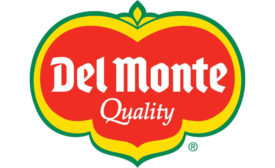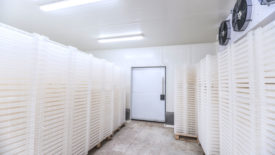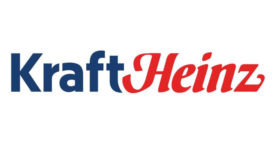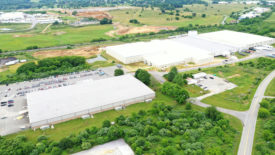Home » sustainability
Articles Tagged with ''sustainability''
COLD CHAIN OPERATIONS
How AS/RS Can Help Beat the Heat, Drive Cost Savings in Cold Storage Facilities
August 7, 2023
Kraft Heinz Plans $400M Automated National Distribution Center
Expected to open in 2025, it will be among the largest automated CPG distribution centers in North America.
July 13, 2023
Get our new eMagazine delivered to your inbox every month.
Stay in the know on the latest food and beverage manufacturing markets.
SUBSCRIBE TODAYCopyright ©2024. All Rights Reserved BNP Media.
Design, CMS, Hosting & Web Development :: ePublishing









